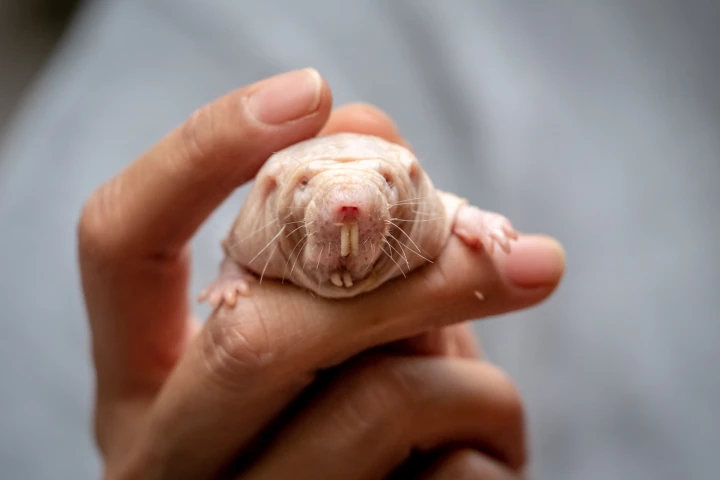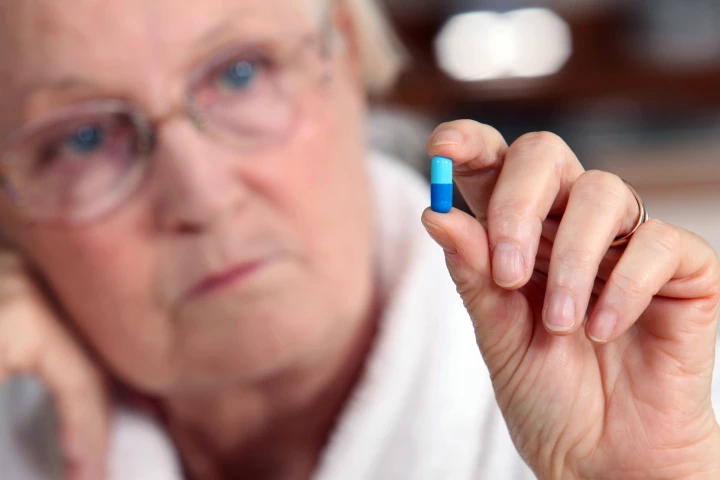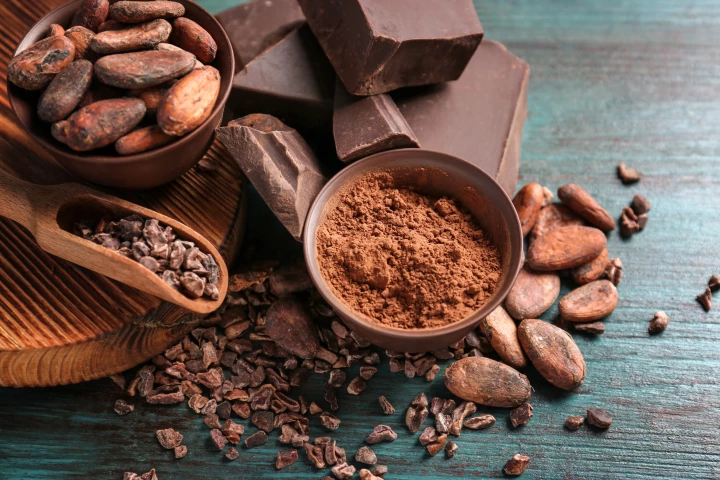anti-aging
-
Using the largest sample of super-agers to date, scientists have found convincing evidence that supports what many of us have suspected: Longevity isn’t just about healthy lifestyle choices, but also a good draw in the genetic lottery.
-
Working out doesn't just build muscle but, in later life, helps maintain a powerful cellular machine that repairs damaged tissue. Scientists have now not only discovered how this system works but found a way to keep it balanced in older muscles.
-
Extracellular vesicles stopped senescence – cellular deterioration in growth and reproduction – by using the extracellular matrix protein fibronectin. The discovery could lead to a method of slowing the aging process.
-
Researchers have demonstrated how a secret weapon made in the gut, produced by consuming pomegranate and walnuts, can rejuvenate the immune system in middle age, shielding us from cell damage, inflammation and chronic diseases including cancer.
-
What naked mole-rats lack in the looks department they make up for it in longevity, living healthily for nearly four decades. Now, scientists have found just how they repair their DNA – and it has the potential to be harnessed by humans to do the same.
-
Friendships, community ties and family bonds may apply the brakes to cell aging, providing a simple way to invest in health in older age. In a new study, scientists find that social connections are tied to slower biological aging and less inflammation.
-
Animal studies say rapamycin can slow aging – but does it work in humans? A new review finds the evidence for the off-label, low-dose use of the drug in healthy adults is thin, inconsistent, and far from conclusive.
-
Scientists have taken the most detailed look yet at the biology of a record-breaking woman who lived 117 years and 168 days free of cancer, cardiovascular disease and dementia. And many things they discovered could help us achieve our own longevity.
-
A daily cocoa supplement appears to reduce age-related inflammation, according to the largest study of its kind. The findings support earlier evidence that flavanols from plants like cocoa may help protect the heart and even slow biological aging.
-
A new study has revealed how the brain uses the night to flood the body with pulses of growth hormone to repair muscles, strengthen bones and balance metabolism. And why cutting corners on sleep undermines your physical health short- and long-term.
-
In a groundbreaking study, scientists have mapped the most detailed genetic blueprint yet of frailty – the age-related decline that affects around 40% of people aged 65 and over. It provides new hope for developing precision anti-aging therapies.
-
From vampire legends to lab-grown tissue, the idea that young blood can reverse aging is no longer pure myth. A new study shows that proteins secreted by bone marrow cells, triggered by young blood, can rejuvenate aging skin in the lab.
Load More











